In Year 9, compulsory subjects for the full year are Religious Education, Mathematics, Humanities, Health & Physical Education. Year 9 students must also select an English stream, Science stream and a Language stream.
Religious Education
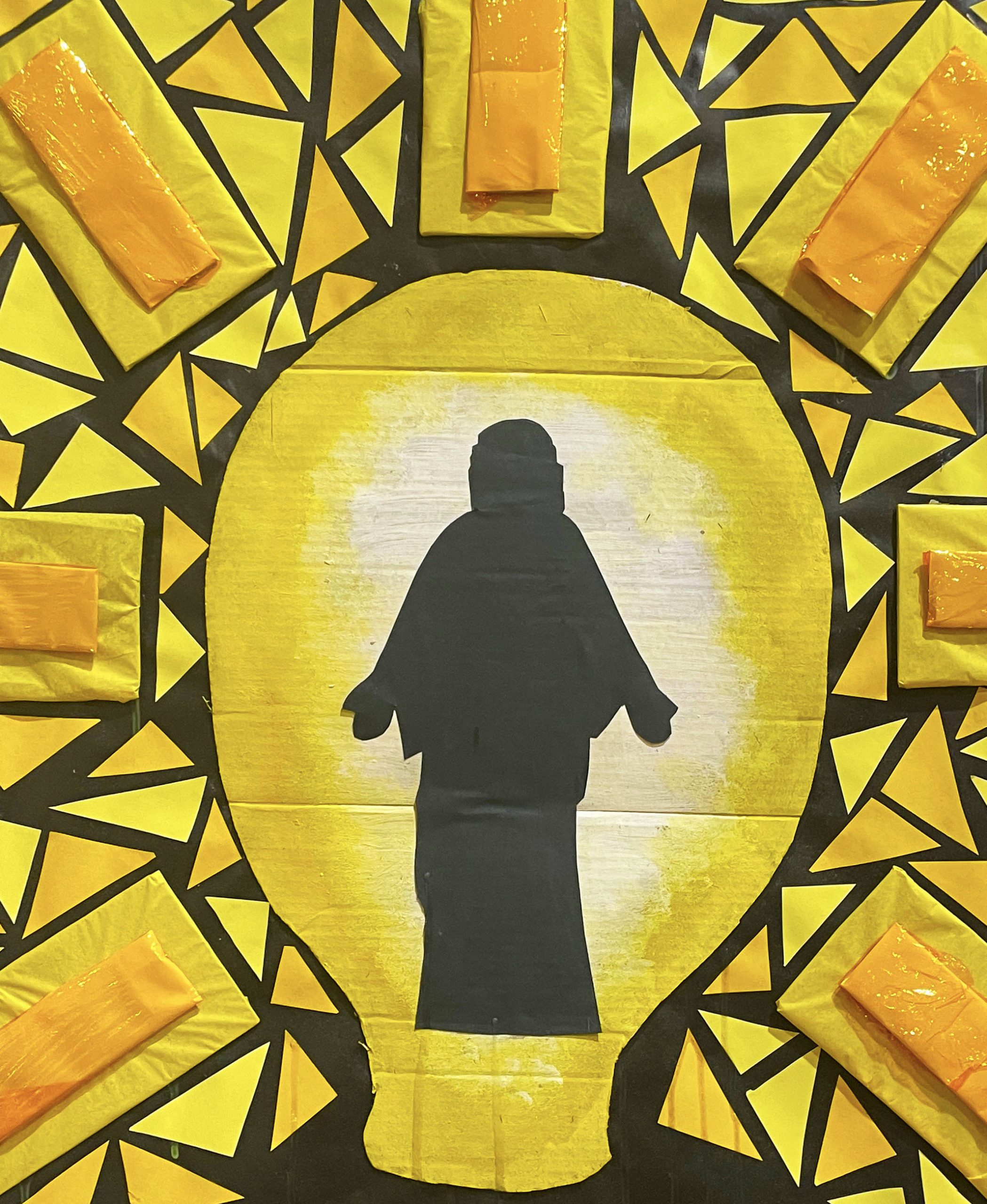
Overview
Year 9 Religious Education has four main learning sequences that are designed to allow students the opportunity to encounter faith and church tradition within the classroom context.
- Students explore and encounter the role of prayer in the Catholic Tradition, with a focus on the Stations of the Cross, in a unit that challenges them both spiritually and morally.
- Students investigate the lives of women in the Hebrew Scriptures and complete an in depth study on the book of Ruth.
- The Australian Catholic Church unit explores the unique history of the church, shaped by Irish Catholic convicts and successive immigrants from around the world, and the role that it plays in society today. This unit also focuses on the role of women, such as Mary MacKillop, who helped shape and influence the role of the Australian Catholic church in our society.
- Students examine what Christian values are and the role they play in our daily life. There is a focus on the concepts of forgiveness, redemption and values. Students explore how they can turn to their faith when faced with challenges in their lives.
Assessment
Assessment consists of creating a Stations of the Cross Art installation and reflection, tests, inquiry based project and short answer responses.
Year 9 Mathematics
Mathematics is a core subject that must be undertaken for a full year. In Semester 1 most students will complete the mainstream mathematics program. In Semester 2, students have the opportunity to continue with mainstream mathematics or invited to participate in extension mathematics based on their levels of achievement in Semester 1.
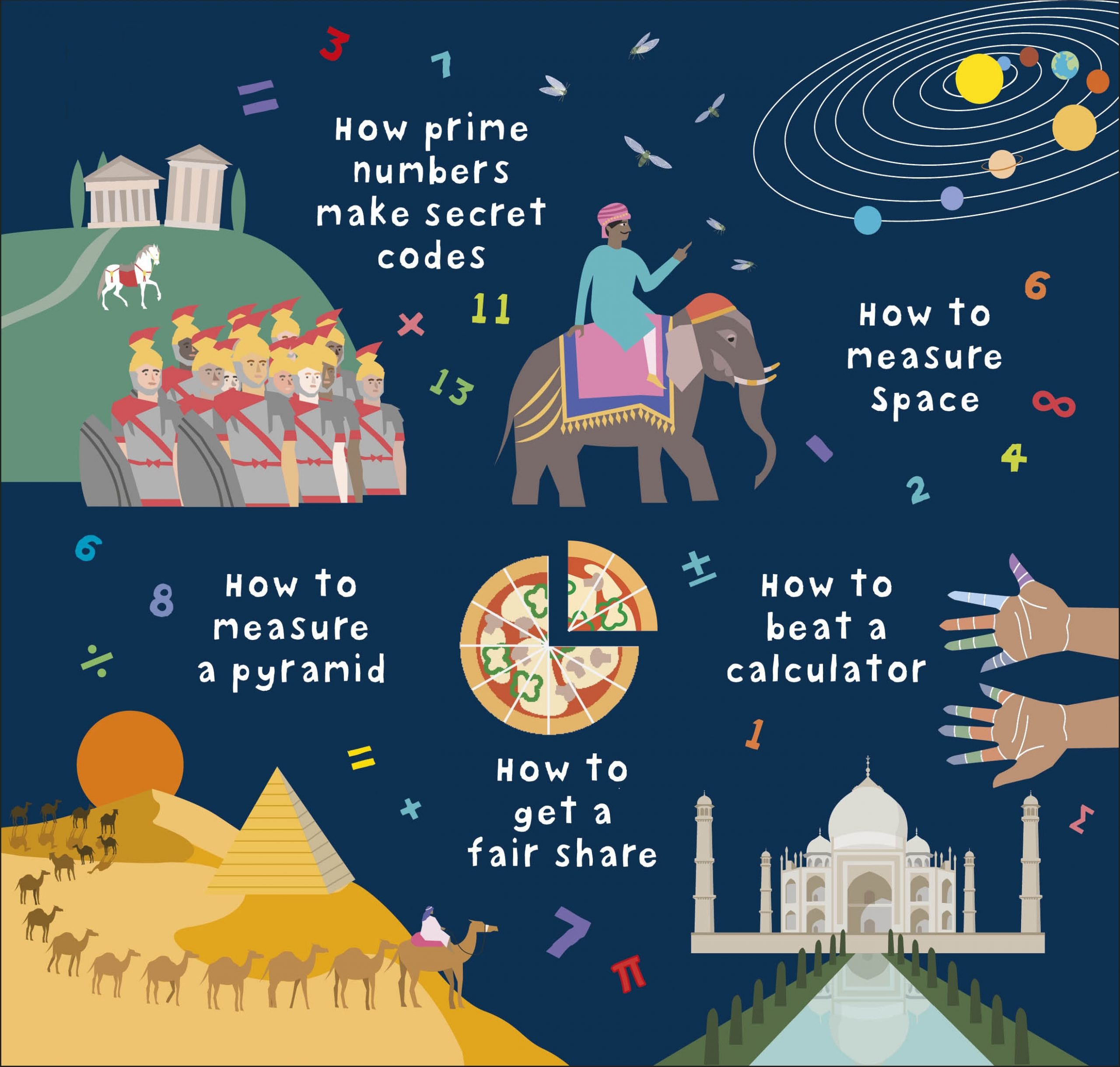
Overview
The content covers the following 6 strands:
- Number
- Algebra
- Measurement
- Geometry
- Statistics
- Probability
Students are required to learn, practise and apply mathematical algorithms, routines and techniques. The use of technology (CAS calculator and laptop) is incorporated into the course. This allows the students to solve more complex questions and grasp a better understanding of skills required. Students engage in activities which develop:
- knowledge of facts and technical skills
- depth of conceptual understanding
- ability to communicate using clear and precise mathematical language
- ability to tackle non-routine problems in an organised and systematic way
- ability to apply what has been learned to solve real problems
- ability to conduct investigations using mathematics
- logical reasoning and understanding of proof at the appropriate level of sophistication
- practical ability in measuring, estimating and making sensible use of calculators and computers.
Assessment
Assessment is based on facts, skills, problem-solving and application tasks. There is continual assessment throughout the year with reports issued at mid-year and the end of the year. Examinations in Mathematics are conducted in June and November.
In Semester 2 of Year 9, students who have excelled in Mainstream Mathematics during Semester 1 will be invited to undertake Extension Maths.
Pathways
Students who complete the Year 9 Mathematics course in semester 1 and semester 2 are recommended to continue with Mainstream Mathematics in Year 10. While 10A Mathematics is still an option, it is not recommended for students that have not participated in Year 9 Extension Mathematics in semester 2.
Year 9 Extension Mathematics
Semester 2

Overview
This unit continues with the outline given for Year 9 Mathematics but is taught at a more comprehensive and detailed level. Additional topics within the Year 9 course outline are covered to extend and challenge students.
The content covers the following strands:
- Number
- Algebra
- Measurement
Students are invited into Extension based on their semester one results, work habits and organisation and participation in extension work in semester one.
Assessment
Assessment is based on facts, skills, tests, problem-solving and application tasks. Results are reported throughout the semester and an end of semester report is issued at the end of the year.
Pathways
Students who successfully complete this subject in Year 9 may elect to study either Year 10 Mathematics A or Year 10 Mainstream Mathematics. Any student intending to pursue a Mathematical Methods pathway in VCE is strongly recommended to complete Year 10 Mathematics A.
Year 9 Accelerated Mathematics
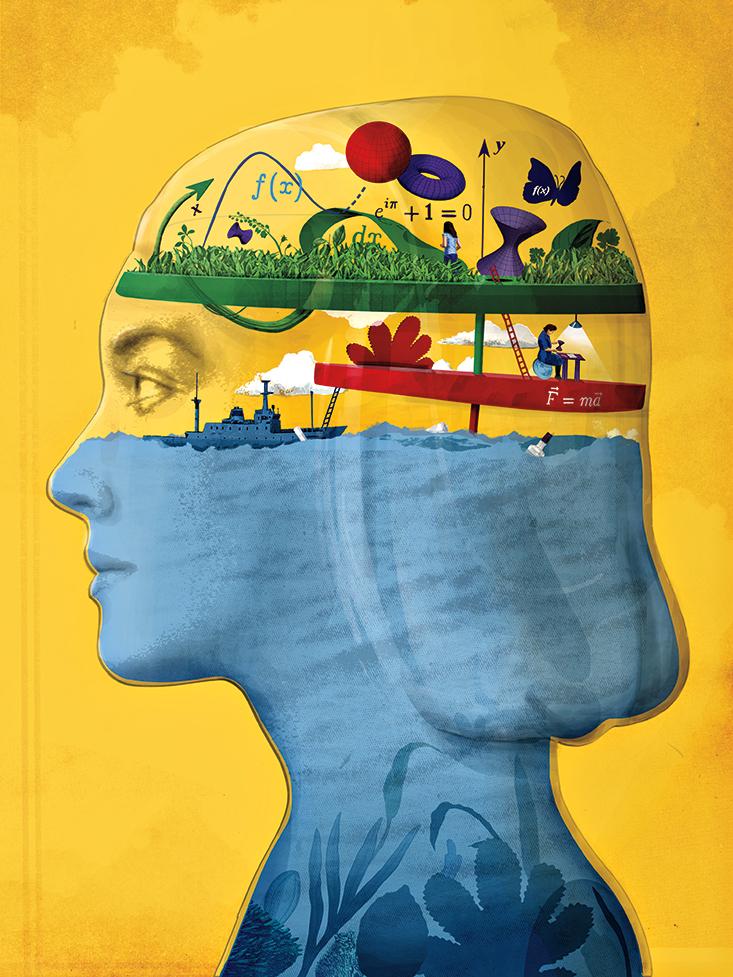
Overview
Year 9 Accelerated Mathematics is offered, by invitation only, to a select group of highly capable students towards the end of Year 8. This course compresses all the content from the Year 9 Mathematics and Year 10 Mathematics A into one year. It is a fast-paced course for highly able students only.
The content covers the following 6 strands:
- Number
- Algebra
- Measurement
- Geometry
- Statistics
- Probability
Prerequisites
By invitation only.
Assessment
Assessment is based on facts, skills, tests, problem-solving and application tasks. There is continual assessment throughout the year with reports issued at mid-year and the end of the year. Examinations in Mathematics are conducted in June and November.
Pathways
Students who successfully complete this subject in Year 9 may elect to continue to accelerate by studying Units 1 & 2 Mathematical Methods in Year 10.
Humanities: Civics and Citizenship, Economics, Geography, History

Civics and Citizenship
Through the study of Civics and Citizenship, we investigate political and legal systems, and explore the nature of citizenship, diversity and identity in contemporary society. We will develop knowledge and understanding of Australia’s democracy and the key institutions, processes, and roles people play in Australia’s political and legal systems. We explore how the people, as citizens, choose their governments, how the system safeguards democracy by vesting people with civic rights and responsibilities, how laws and the legal system protect people’s rights and how individuals and groups can influence civic life.
Assessment
Unit Assessments could include:
- Written responses
- Research report
Economics
Students are introduced to the concept of an economy and explore economics on three levels. Firstly, what does economics mean to me? What is a budget, credit, investments and shares? Students look at ways to manage personal finance and how to better manage money and debt. We explore the share market and other investments and participate in the ASX Sharemarket game. Secondly, we look at what is involved in the Australian economy. How does the government spend its money and where do they get it from? Students look at the role of business in our Australian economy and also the responsibilities of social welfare. Finally, we explore what it means for Australia to be part of the Asia region and global economy. We consider how we see our nation as part of the global world and how globalisation impacts our decision making.
Assessment
Unit Assessments could include:
- Credit task
- Research task
Geography
In Year 9 Geography we investigate the ways we are connected to places, and the ways we are interconnected on a global scale. This involves analysing maps, data, videos, and other information about topics such as the clothing industry, social media, sport and world leaders. We also study the different zones of the world known as Biomes, and consider how we can access and grow food within different biomes. We investigate where our food comes from, food waste and food insecurity, and create solutions to these significant global issues.
Assessment
Unit Assessments could include:
- Case Study Task
- Fieldwork Activity
- Mapping and Data Tasks
- Research Task
History
In Year 9 History we study the period 1750 to 1918, when the Modern world was made. We investigate the causes and effects of the Industrial Revolution, one of which was the British settlement of Australia. We recognise the impact colonisation had on Indigenous Australia and learn more about the social and environmental consequences of that time. We learn about social and political developments in the second half of the nineteenth century, and students choose to research an event in greater depth, such as the Eureka Rebellion and women getting the vote, considering different perspectives about the significance of events from this time. Our study concludes by investigating key aspects of World War I and Australia’s involvement, both on the battlefield and the homefront. Students in Year 9 History develop their historical knowledge and skills, with capabilities that are transferable to many other subjects and situations.
Assessment
Unit Assessments could include:
- Document Analysis
- Written Responses
- Research Task
Physical Education
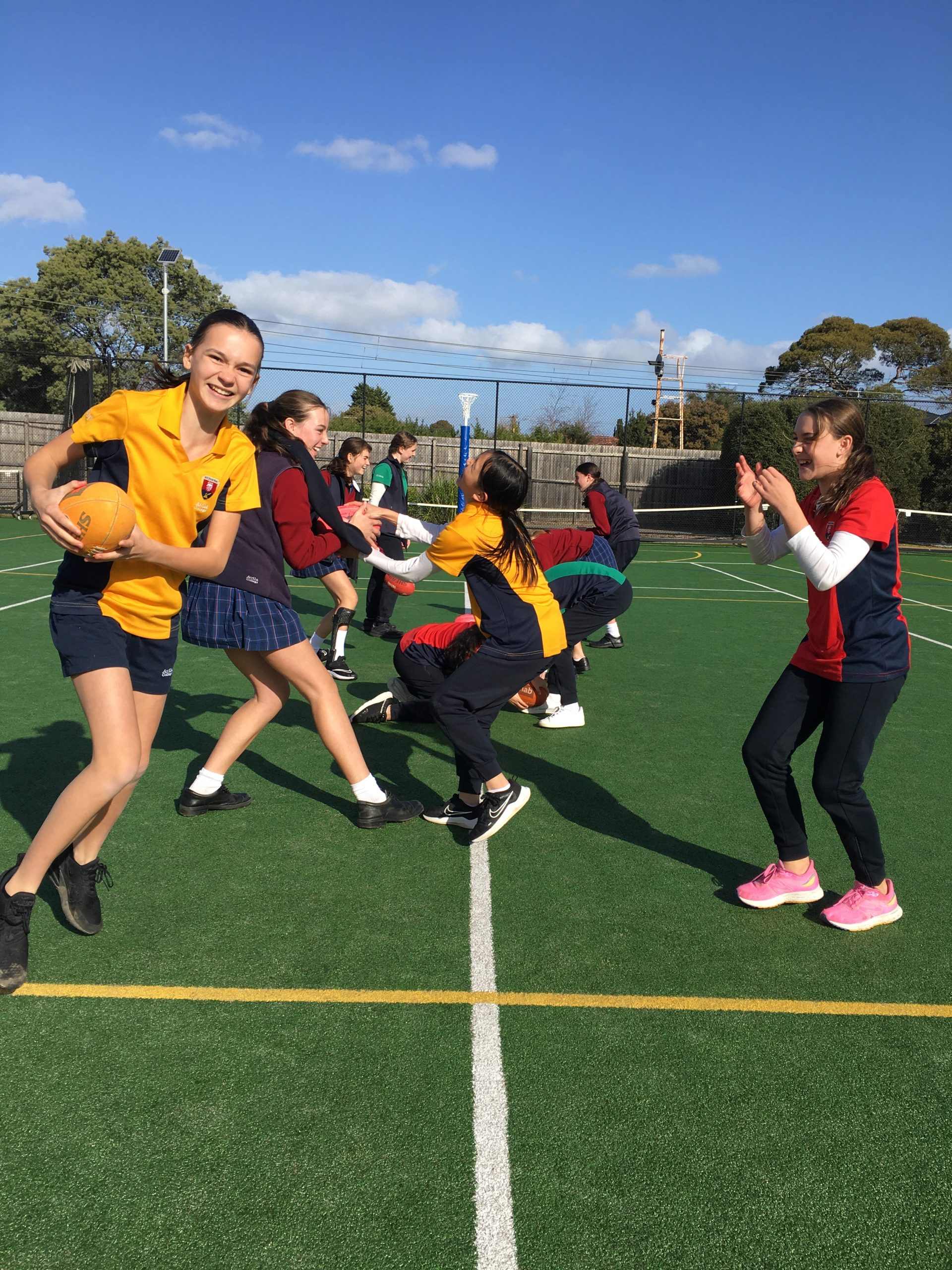
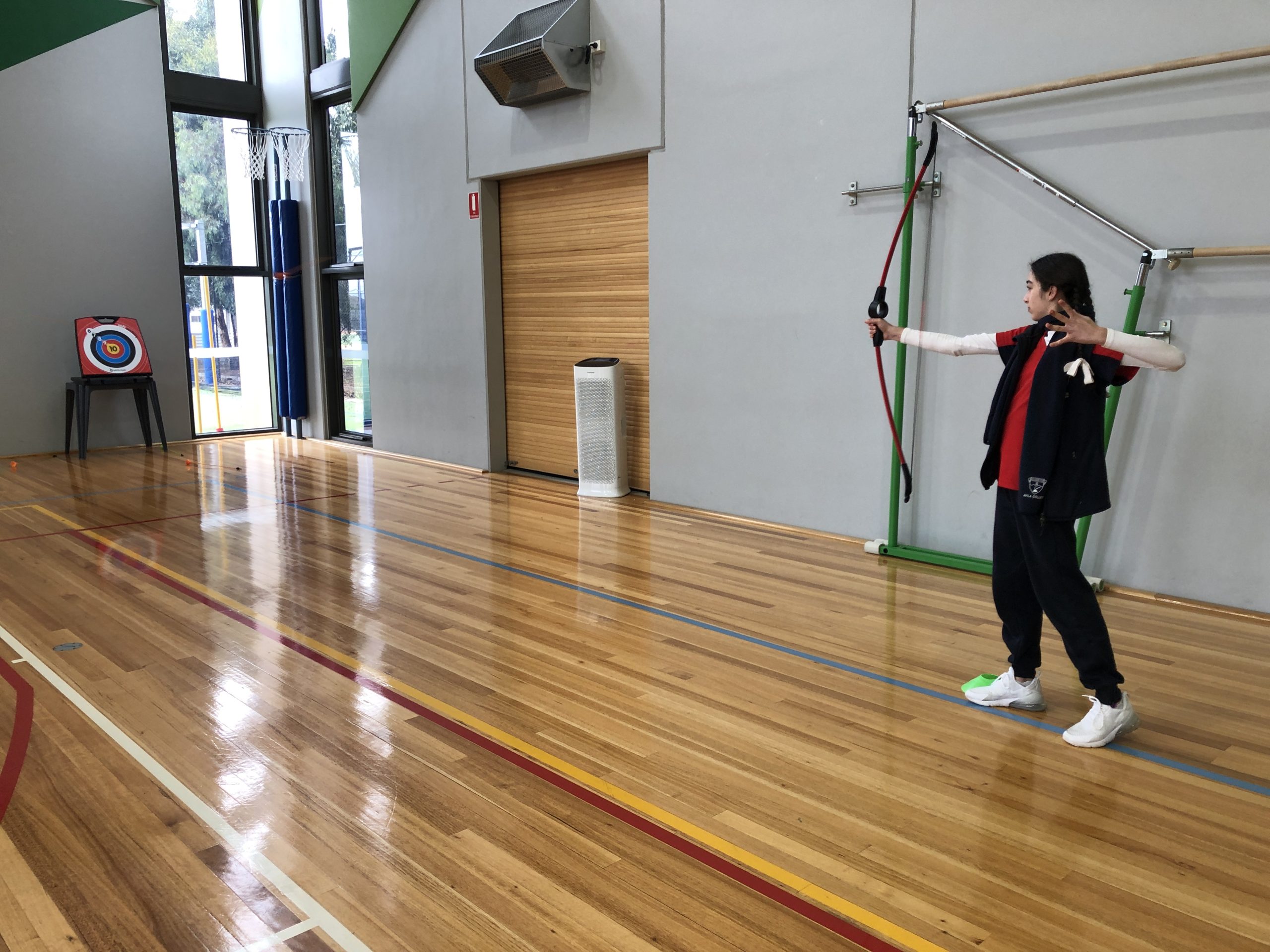
Overview
The Year 9 Health and Physical Education Curriculum is informed by a strengths-based approach. Rather than focusing only on potential health risks or a deficit-based model of health, the curriculum has a strong focus on supporting students to develop the knowledge, understanding and skills they require to make healthy, safe and active choices that will enhance their own and others’ health and wellbeing. Health and physical education is the key learning area in the curriculum that focuses explicitly on developing movement skills and concepts students require to participate in physical activities with competence and confidence.
Students undertake units of work ranging from first aid, drug education and sexual health to themed-based physical activities such as invasion games, striking & fielding games, net & wall games, Cirque du Avila, SEPEP and movement for life (fitness).
Assessment
Avila health and physical education students will approach learning by utilising their critical thinking, creativity, communication and collaboration skills. In doing so, they will develop the key character qualities of curiosity, initiative, persistence, adaptability, leadership and social awareness. Students will undertake a variety of common assessment tasks which include:
- Collaborative tasks
- Reflective journals
- Self and peer assessments
- Theoretical tests
- Skills assessments
Pathways
Year 10 Health and Physical Education.

